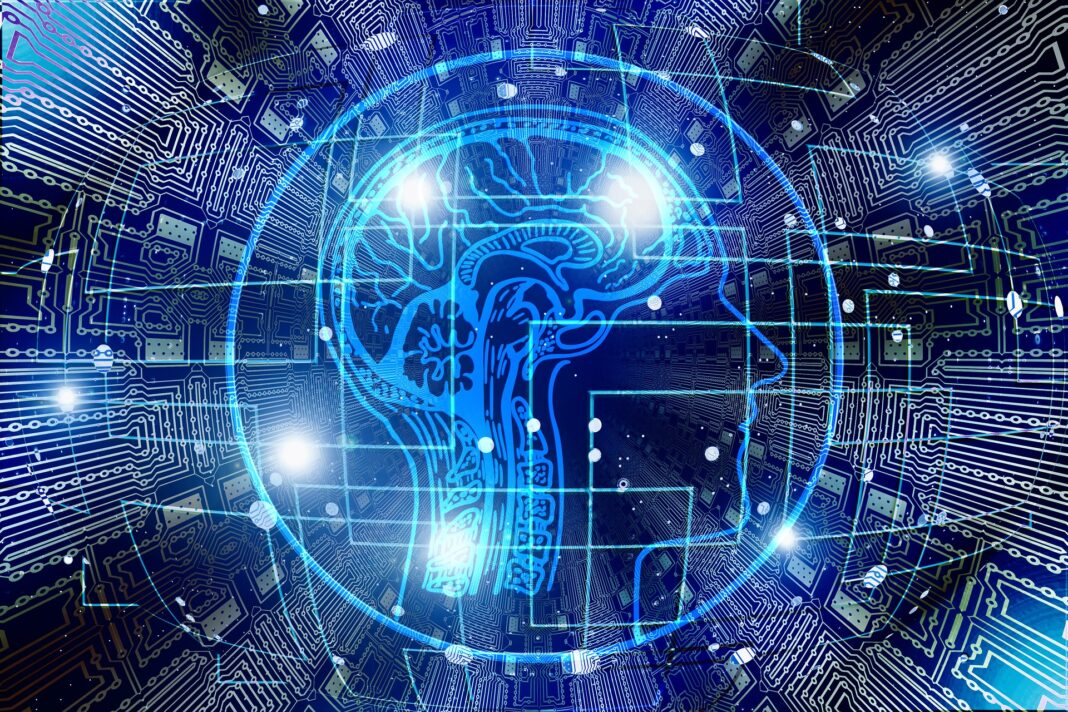Within months after its release, ChatGPT, an AI-powered chatbot developed by the US startup OpenAI, garnered tens of millions of users. Since then, a restricted preview version of Microsoft Bing has included a version of the technique. Technology journalists are now making predictions about how AI-assisted search engines will affect the rivalry between Google and Microsoft in the United States.
ChatGPT’s quick uptake is indicative of a larger trend: while AI tools have gained popularity recently, 2023 has been designated as the year when AI acquires a more pervasive presence in daily life. The development, use, and outcomes of artificial intelligence must all be examined with careful attention to Chinese trends. Inside the nation, political content monitoring, censorship, and public surveillance are frequently carried out using AI-driven methods.
The techniques developed by technology corporations under the direction of the Chinese Communist Party (CCP) may also have effects on internet users, decision-makers, and businesses outside of China as the globe enters a new era of AI integration.
AI and China
In the upcoming year, it will be especially important to pay attention to the dynamics below about AI and China. The data that algorithms are trained on is reflected in the results. Hence, it is almost inevitable that censorship on social, political, and religious subjects will impact AI-generated material in China, and there is evidence that it already has. A machine-learning tool’s outputs will reflect the omissions and biases of the severely regulated and propaganda-infused information environment of the nation if it is primarily pulling information from within China’s infamous Great Firewall.
Researchers Margaret Roberts and Eddie Yang, for instance, discovered disparities in viewpoint between a natural language processing system trained on articles from Baidu’s Baike online encyclopedia and an alternative that was based on the worldwide, uncensored Chinese-language Wikipedia.
Election and democracy were both positively assessed by the globally trained algorithm, or they were linked to words like “stability.” Contrarily, individuals who had been schooled in Baidu Baike gave good evaluations to the keywords “surveillance” and “CCP” and connected concepts like “democracy” with unfavorable adjectives like “chaos.” Some AI systems could include filtering as a result of human oversight of information produced by machines.
Users like dissident artist Badiucao spotted loopholes and manipulation as soon as Chinese tech giant Baidu released its ERNIE-ViLG text-to-image generator in 2022. According to a research released in September by the MIT Technology Review, part of this censorship takes the form of phrases like “revolution” and “climb walls,” which are metaphors for utilizing anticensorship tools to access prohibited websites, as well as photos of Tiananmen Square and Chinese officials.
According to Baidu, ERNIE-ViLG was trained on a wide range of material, not simply data from China. As a result, the text-to-image generator’s censoring and omissions must have been purposefully included by the program’s creators in an effort to adhere to corporate and governmental norms. In fact, Chinese IT and social media businesses each have their own private blacklists and techniques to censorship in practice, despite the fact that the government and CCP give detailed regulations and instructions on censorship.
AI tools from these organizations may differ in different ways throughout time. Users in China have had only limited access to ChatGPT as users across the world experiment with it. The Great Firewall has not yet stopped it, although logging on requires a phone number from one of a select group of nations outside of China. On the Chinese internet, several copycats and workarounds have appeared; some are authentic, while others are more doubtful. Links to these workarounds apparently ceased showing up in search results on Alibaba’s Taobao and Tencent’s WeChat platforms from February 10. A number of regional AI-based chatbot initiatives are now under development and should be made available to the public this year.
AI in China
For instance, the ERNIE-Bot from Baidu is rumored to debut next month. Censorship and other forms of manipulation are likely to be visible in the chatbot’s output as well, given the company’s severely regulated search engine and the discoveries surrounding its AI text-to-image generator.
The inventor of ChatYuan, another AI chatbot operating as a mini-program within Tencent’s WeChat ecosystem, told reporters that ChatYuan would “filter specific terms” with more levels of inspection than one might anticipate internationally. It was discovered that several of the ChatGPT knockoffs mentioned above steer clear of subjects that are viewed as politically sensitive in China. But, even a chatbot with little censorship might create unforeseen outcomes.
Users should be on the lookout for any unintentional errors that go against the CCP’s desires given that ERNIE-Bot is apparently educated on worldwide data. Users might seek to turn the tables on Chinese chatbots, much as misinformation researchers have produced disturbing results by asking ChatGPT for writings from the perspective of the CCP or well-known conspiracy theorists.
What answers could ERNIE-Bot provide if asked about democracy, the Chinese constitution, or Xi Jinping from the viewpoint of rights advocates and dissidents like Liu Xiaobo or Gao Zhisheng, or Xi’s adversaries inside the CCP like Bo Xilai? What punishments would be in store for the business and its users, who are forced to register, if the answer breaches Chinese government censorship directives?
insideover.com

